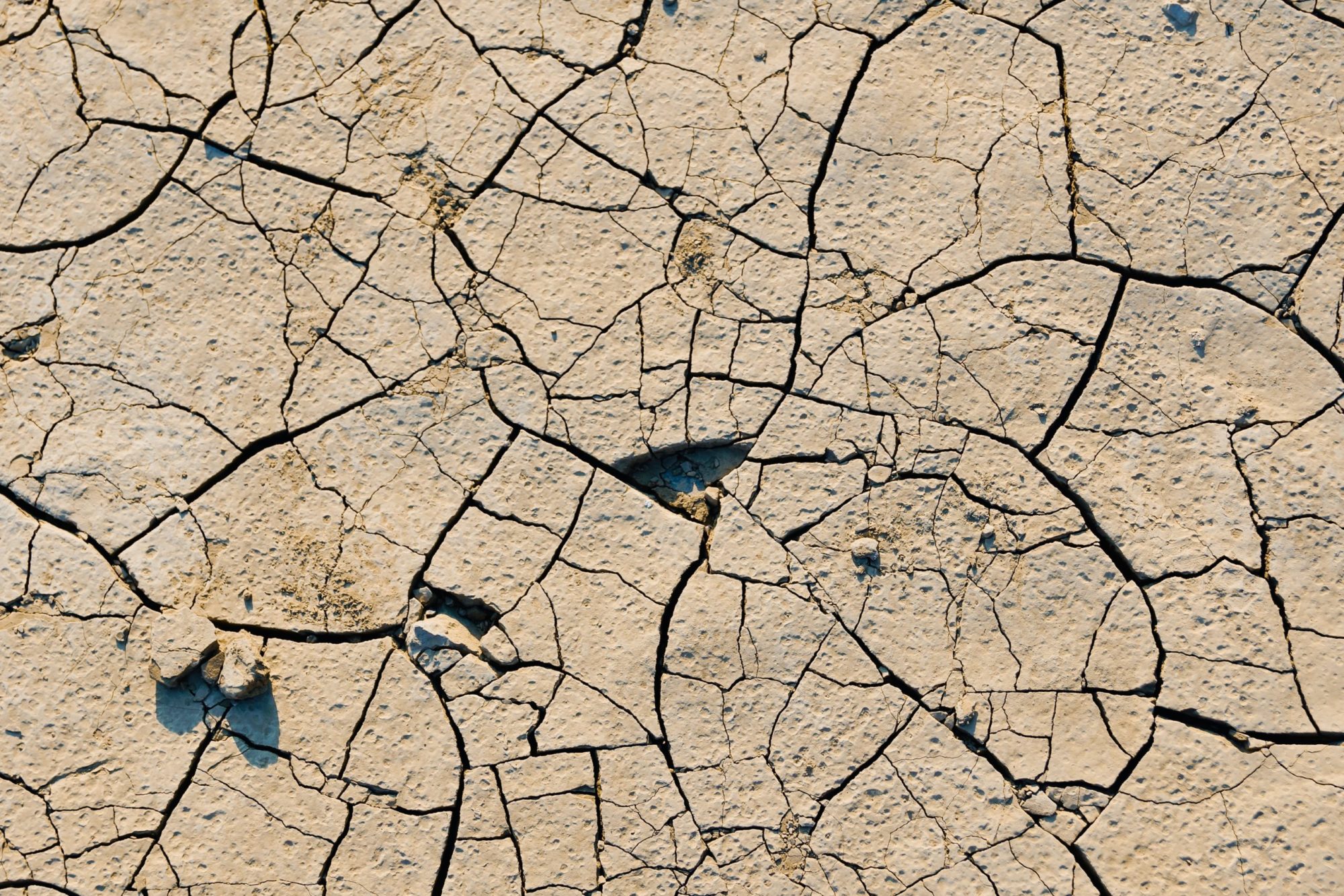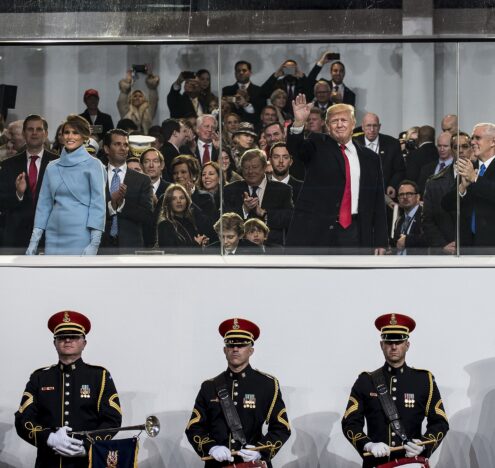This analysis was featured in Critical State, a weekly newsletter from Inkstick Media and The World. Subscribe here.
From “Mad Max” to “Snowpiercer,” pop culture is rife with depictions of climate change leading directly to conflict over diminishing natural resources. Yet, even as the effects of climate change are felt more and more sharply, the debate about how natural resources relate to conflict is far from settled. As we enter October and the spooky season arrives, we’ll spend Deep Dive looking into how the “scare” gets put into scarcity by discussing the latest research on resource conflicts.
In a new article in the Journal of Peace Research, Tobias Ide, Miguel Lopez, Christiane Fröhlich, and Jürgen Scheffran look at water conflicts that are many steps removed from the dystopia of “Mad Max: Fury Road.” Call it “Consternation Path,” maybe. While most studies of resource conflicts focus on when those conflicts erupt into shooting wars with battle deaths and/or electric guitar flamethrowers, Ide et al. chose instead to examine nonviolent protests and demonstrations that arise out of disagreements over water usage. These smaller, less drastic forms of political contestation, they argue, both matter on their own — protests can be a source of political change — and can also be warning signs for when certain disagreements about water grow into deeper, more dangerous political divides.
Other times, a drought is just a drought — people conserve and suffer, but don’t take out their frustrations in the streets.
Sometimes, a drought leads to political organizing against established authorities, with people who are suffering from lack of water demonstrating against people in charge of keeping up water reserves. Other times, a drought is just a drought — people conserve and suffer, but don’t take out their frustrations in the streets. To figure out why some droughts are tinderboxes and other are just dry, the researchers mapped all the droughts that occurred in the Middle East and North Africa between 1996 and 2009, and then compared that map with a database of all the water-related protests that took place in the region over the same time period.
Then, applying a range of other data and (appropriately for a Halloween-themed Deep Dive) Boolean algebra, Ide et al. tried to determine what conditions are sufficient for a drought to result in protests. In every case where a drought brought on protests, the place where the protest happened was governed by an autocratic regime and had preexisting social cleavages. In over 90% of cases, interruptions to the regular water supply combined with preexisting social cleavages also produced demonstrations. In situations where these sufficiency conditions weren’t met, however, droughts generated this kind of nonviolent pushback relatively rarely.
As the authors point out, that finding is at odds with the idea that climate change is, on its own, a path to violence, even in areas where societal tensions are high. In drought conditions, social cleavages alone are neither necessary nor sufficient conditions for protests, much less armed conflict. Instead, it is governance choices — either regime type at the macro level or water cuts at the micro level — that combine with drought and social unrest to spur mass political action.
To underline the importance of politics in driving resource conflict, the authors pointed to a case that doesn’t fit their model. In early 2005, Rafah, in the Gaza Strip, experienced drought, water cuts, and deep social cleavages due to Israeli occupation, yet there were no conflicts over water. It is impossible to prove the negative case but, the authors speculate, Rafah residents, living under occupation, likely had political priorities that took precedence over the water cuts. Climate change will reshape the world, but it cannot dictate how people respond to it. Just as political decisions have brought on the climate crisis, it will be political decisions that determine who bears the brunt of its effects.




















